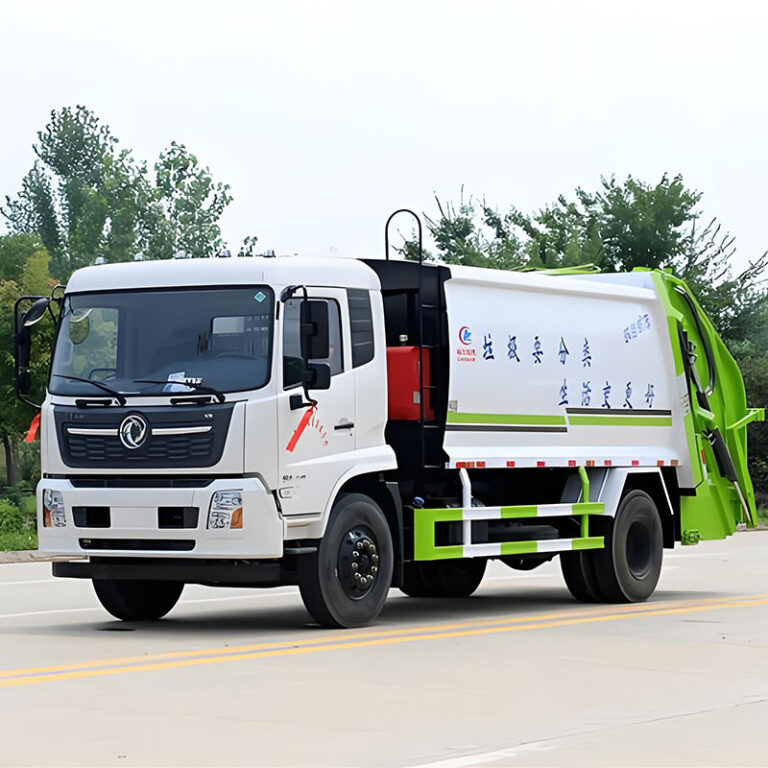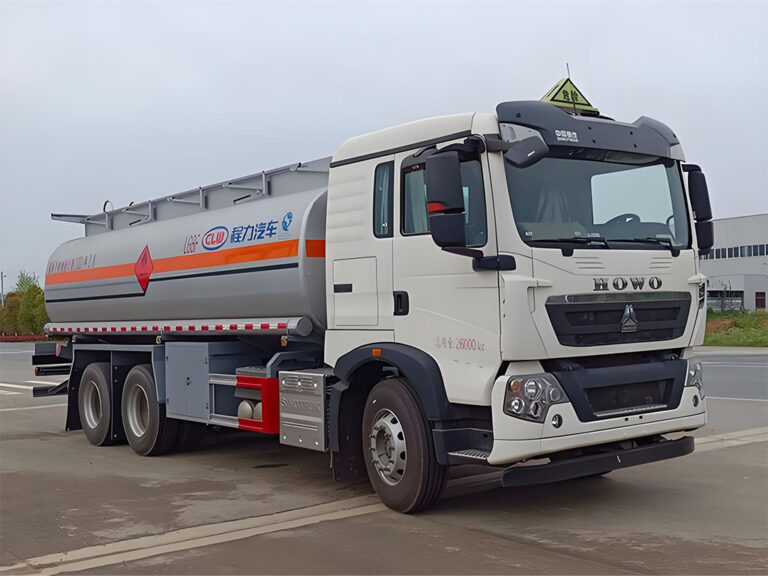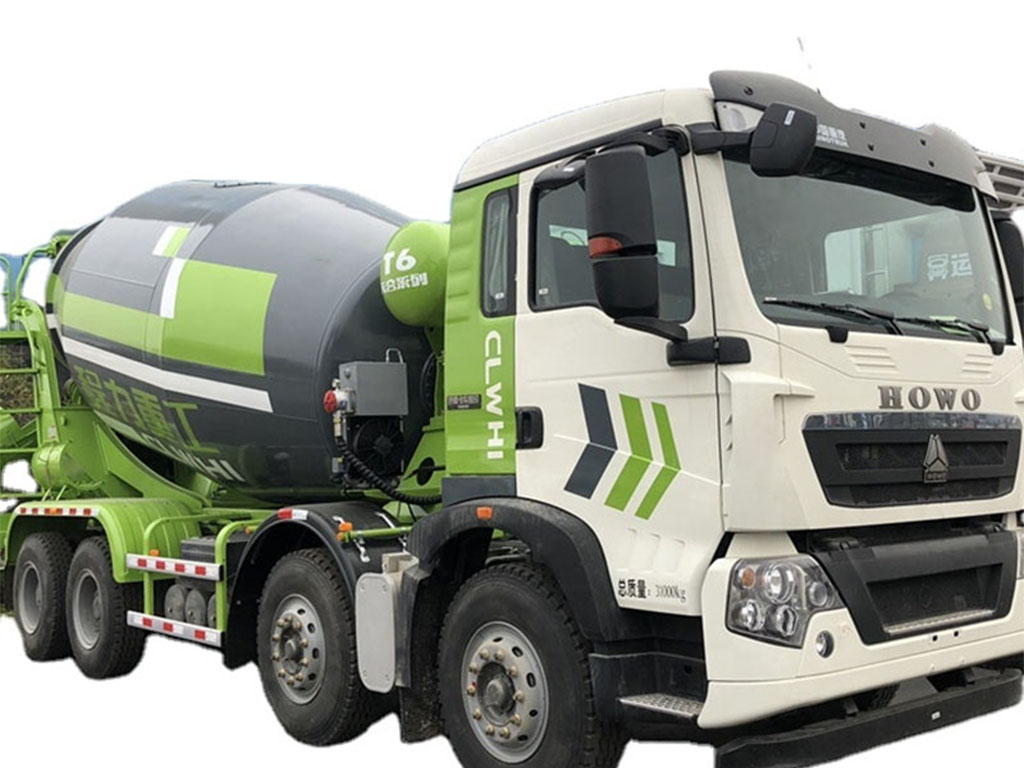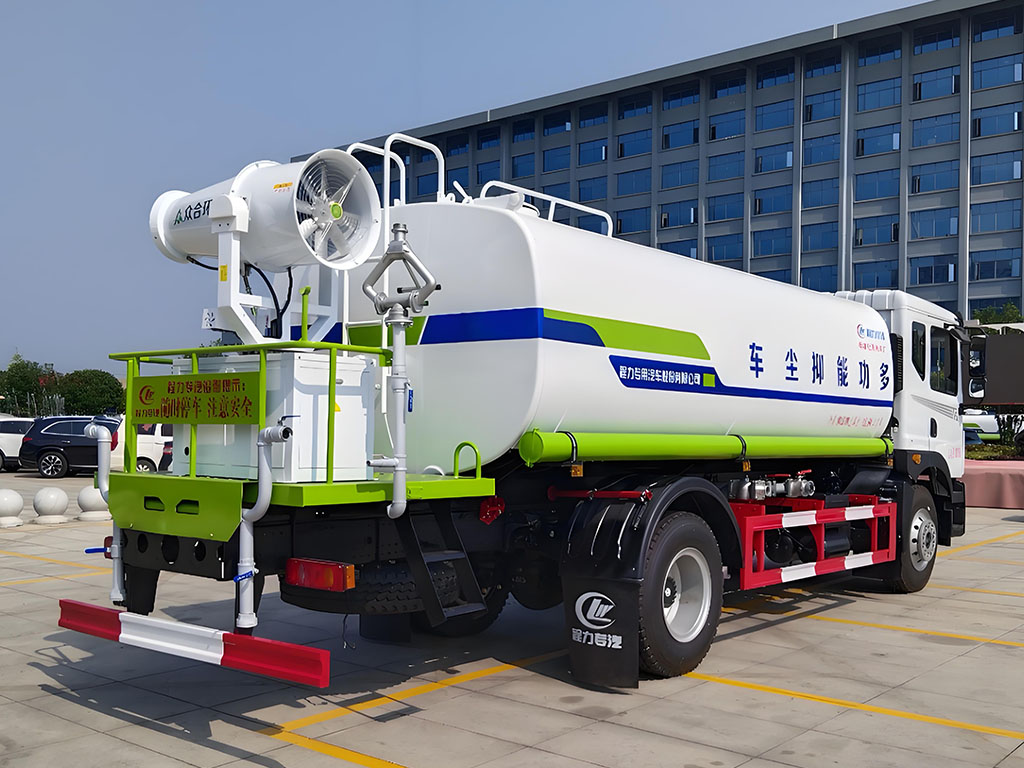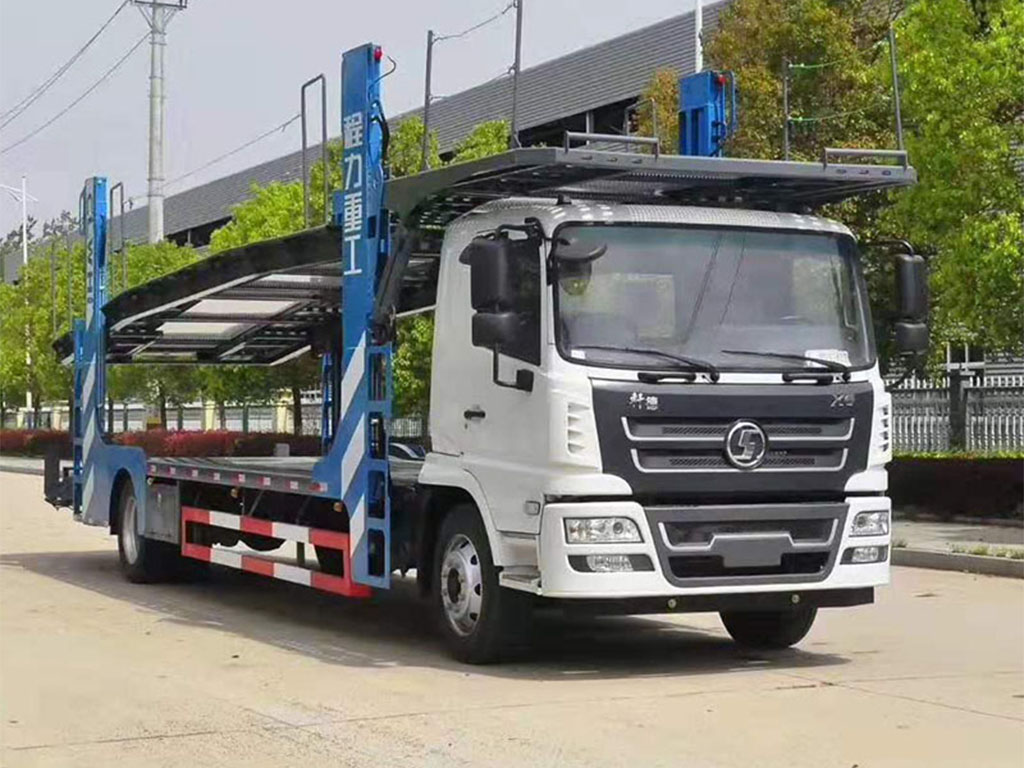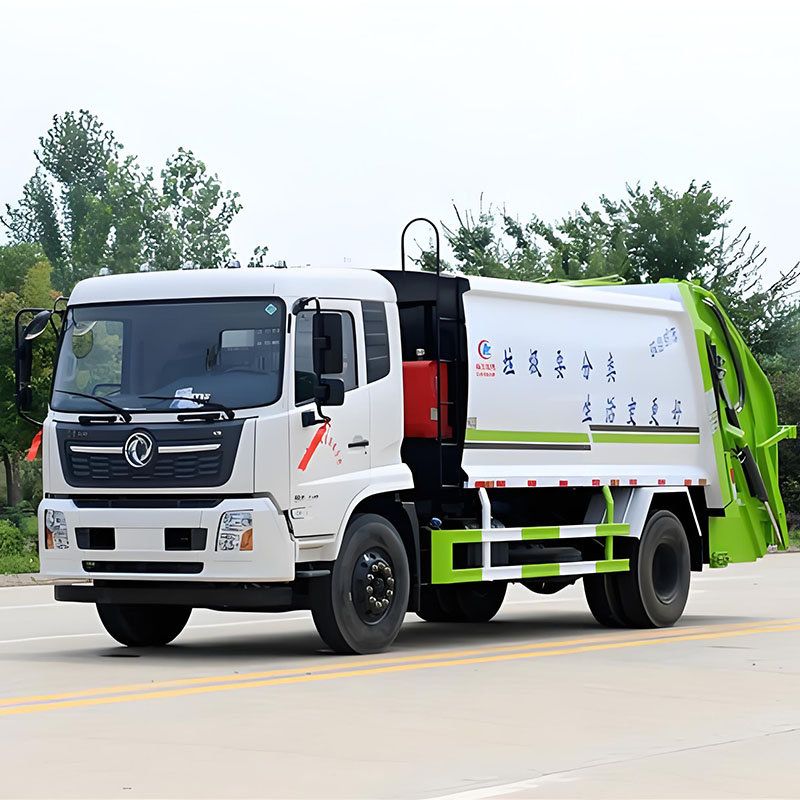-
Chengli Automobile Industry Park, Suizhou, Hubei, China
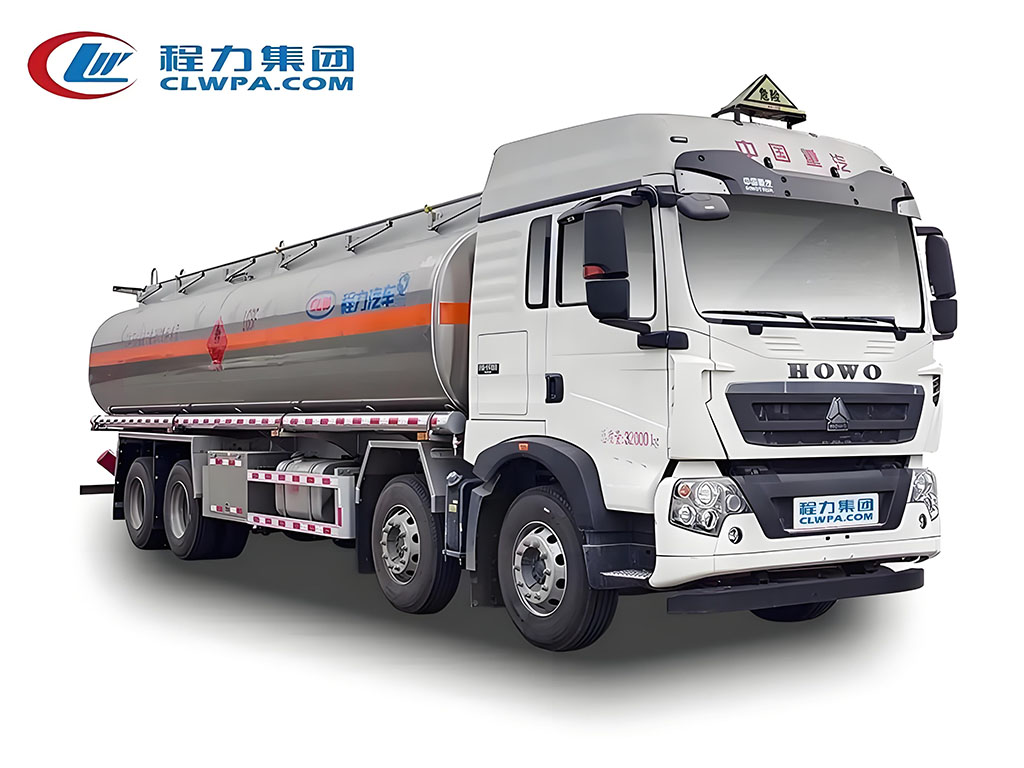
Petroleum Tanker Trailers: Easy Guide for Everyone
Are you curious about big trucks that carry fuel like gasoline and diesel? Do you want to know how oil tankers move fuel from one place to another? You’re in the right place! This guide will help you learn how petroleum tanker trailers work and why they matter. Let’s make it easy, fun, and very clear!
What Is a Petroleum Tanker Trailer?
A petroleum tanker trailer is a big truck. It moves petroleum, gasoline, diesel fuel, and crude oil from places like refineries to gas stations and airports. These trailers are safe, strong, and needed all over the world.
Let’s look at why these tankers are important:
- They bring fuel so cars can go.
- They help planes fly by moving jet fuel.
- They make sure there is always enough fuel at gas stations.
Without these tankers, you would not have fuel for your car, truck, or even an airplane!
Types of Petroleum Tanker Trailers
Not all tankers are the same. There are many types. Some carry gasoline, some carry diesel, and others carry jet fuel or crude oil. We can sort them in a few ways:
By What They Carry
- Gasoline tanker truck
- Diesel fuel trailer
- Jet fuel tanker
- Crude oil tanker trailer
- Chemical tanker trailer
- Aviation fuel tanker
By How They Are Built
- Aluminum tanker trailer: Light and resists rust
- Stainless steel tanker trailer: Very strong and clean
- Asphalt tanker trailer
- Single compartment or multi-compartment: Some have one big tank. Others have many tanks for different fuels.
By How They Work
- Bottom loading tanker trailer
- Top loading tanker trailer
- Vacuum tanker trailer
- Pneumatic tanker trailer
CLW GROUP makes all kinds of tankers to fit what you need. We make sure each one works for your job!
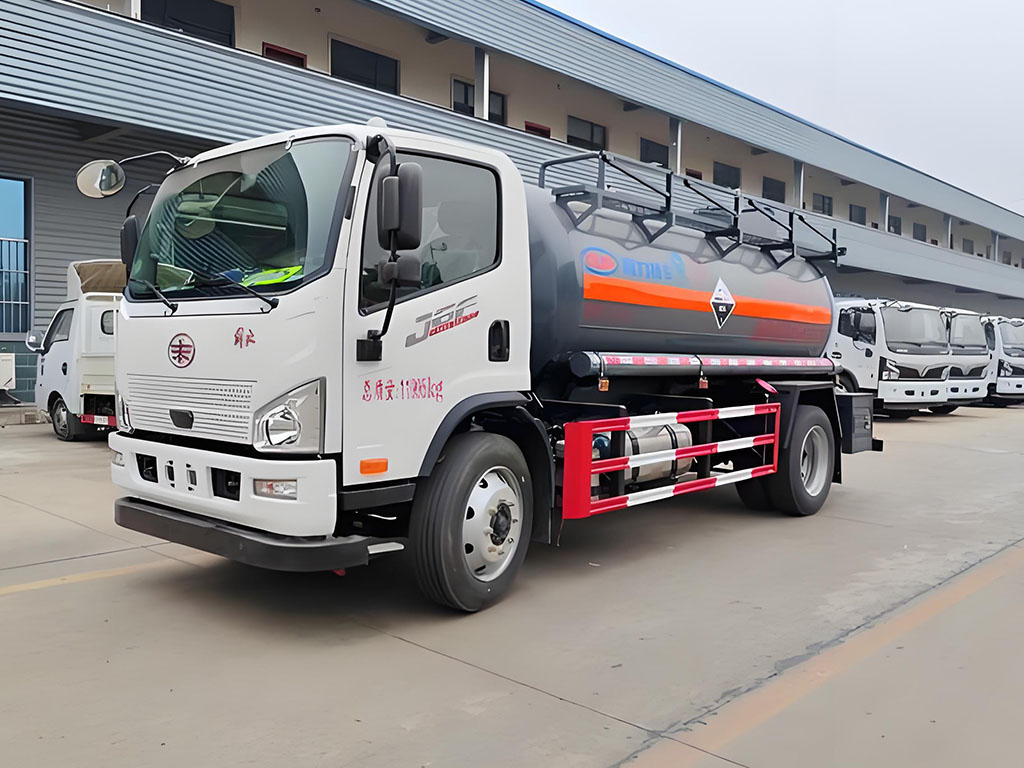
Key Components and Features
Let’s see what makes a petroleum transport trailer work.
- Tank shell: Made of strong metal like aluminum, stainless steel, or carbon steel. Has baffles inside to stop the fuel from splashing.
- Chassis and running gear: Tires, axles, brakes, and suspension system help the trailer move safely.
- Loading/unloading systems: Some use a pump, some use a hose. They can fill from the top (top loading) or from below (bottom loading).
- Safety systems: There are valves, manholes, ladders, emergency shut-off, and vapor recovery systems. These keep everyone safe.
- Metering system: Checks how much fuel goes in and out.
- Compartment baffles: Help with rollover stability and stop the liquid from moving too much.
- Bonding and grounding: Stop static electricity.
Here is a quick chart to show what the main parts do:
| Part | What It Does |
|---|---|
| Tank Shell | Holds fuel safely |
| Compartments & Baffles | Separate fuel and stop slosh |
| Chassis, Axles, Tires | Let the trailer move |
| Brakes and Suspension | Help stop and stay smooth |
| Loading Valves and Hoses | Allow fuel in/out |
| Metering System | Measure fuel |
| Safety Features | Keep drivers safe |
Rules and Safety for Petroleum Tankers
Carrying fuel is dangerous. That is why there are many rules. The Department of Transportation (DOT) and Pipeline and Hazardous Materials Safety Administration (PHMSA) make the rules. All trailers must:
- Be built strong (DOT 406 or better)
- Get tested every five years (hydrostatic test) to make sure they don’t leak
- Pass a vapor tightness test every year
- Only let hazmat (hazardous materials) drivers carry fuel
These rules keep everyone safe on the road—including you!
Safety Tips for Drivers
Moving fuel is not a game. Here are some ways we keep people and fuel safe:
- Check tires, brakes, and hoses before each trip
- Never smoke near fuel
- Use grounding wires to stop static sparks
- Wear safety clothes and gloves
- Be careful when loading and unloading
- Watch for rollover risks and don’t drive too fast
- Learn all about emergency shut-offs and what to do if there is a spill
Maintenance and Lifespan
To make sure each oil tanker trailer lasts a long time, follow these easy tips:
- Clean inside and out often
- Inspect for leaks and cracks
- Change tires and brakes when needed
- Test the tank and valves on time
- Always fix broken parts right away
A well-cared-for trailer can last 15-25 years or even more! CLW GROUP offers full after-sales and technical consulting services to keep you rolling.
Buying or Leasing? Let’s Decide!
Sometimes you must choose: Should you buy, rent, or lease a tanker trailer? Here’s a quick table to help you:
| Buying | Leasing/Renting |
|---|---|
| Costs more at first | Lower upfront cost |
| Yours, always | Use it when you need it |
| Keep as long as you want | Return when finished |
| Do your own maintenance | Maintenance can be included |
CLW GROUP can help you make the right choice. We offer new and used trailers, tanker trailer rental, and even custom production.
Need a special fuel, gasoline, or diesel delivery trailer? We make it for you!
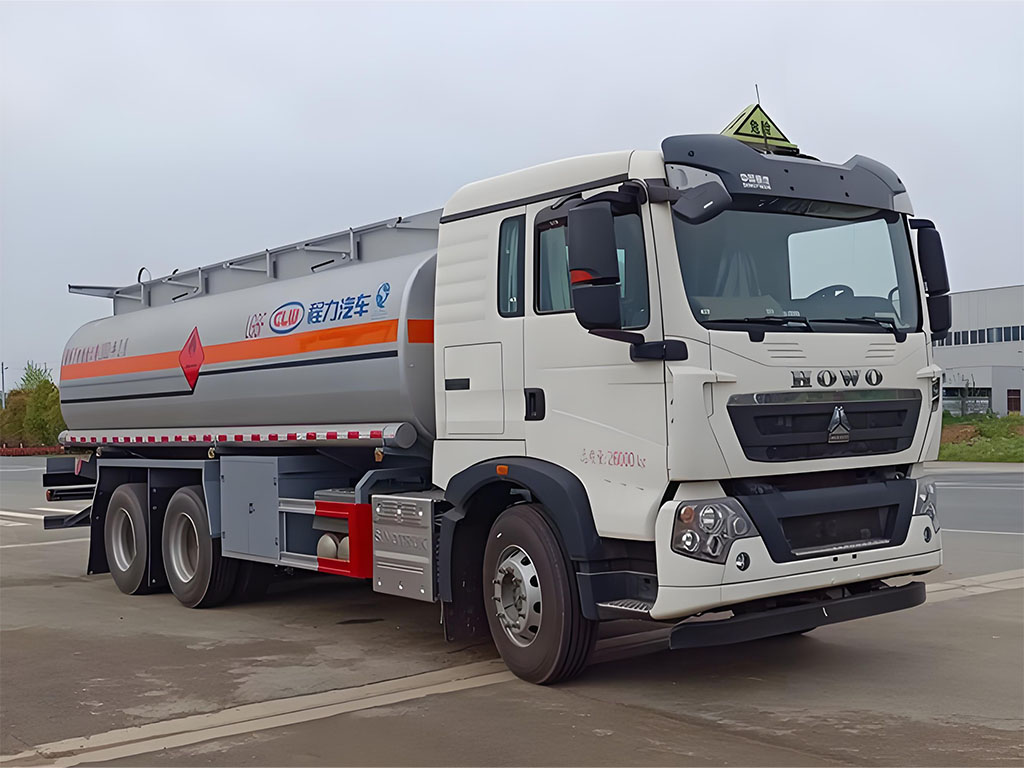
Where to Get a Petroleum Tanker Trailer
You can get a trailer from:
- Tank trailer manufacturers (like CLW GROUP)
- Dealers
- Online marketplaces for used tanker trailers
Ask the right questions:
- What is the tanker trailer capacity?
- Is it new or used?
- What material is the tank trailer made of?
- Does it meet DOT regulations?
- Is there after-sales support?
At CLW GROUP, we give personal help from start to finish. As a special trucks factory, we offer custom tanks, fast delivery, and friendly service around the clock! Want to see more? Check our material handling cranes and semi tow truck for big jobs, too.
Fast Facts and Reference Table
Here is a handy table with important tanker trailer facts:
| Fact | Value | Source |
|---|---|---|
| Common tanker trailer capacity | 7,500–11,500 gallons | Manufacturer specs |
| Most popular material | Aluminum | Fleet data |
| Key safety rule | DOT 406 specification | 49 CFR § 178.345 |
| Tank trailer operational lifespan | 15–25+ years | Industry best practices |
| Required hydrostatic test cycle | Every 5 years | DOT rules |
| Vapor tightness test | Once a year | DOT rules |
| Main failure points | Brakes, suspension, valve leaks | Fleet logs |
| Weight saved (aluminum vs steel) | Thousands of pounds | Comparisons |
| Important driver requirement | Hazmat endorsement | DOT/PHMSA |
See How CLW GROUP Makes a Difference
I know you want trucks that are tough, safe, and fit your job. CLW GROUP is a leader in tank trailer manufacturing. We offer:
- Customized solutions for any job
- Vehicle delivery—we bring the trailer to you
- After-sales support if you need help later
- Easy ordering and quick answers anytime
Our trailers meet the toughest DOT, ADR, and NFPA rules. Each one is strong, easy to load or unload, and ready for heavy work every day.
If you want other vehicles, see our cement mix truck options and water tank truck models!
References
- CLW GROUP – Special Trucks Factory
- PHMSA Hazmat Safety Regulations
- Grand View Research Market Report
- 49 CFR §178.345 – DOT Regulations
Do you need a trailer for fuel, oil, gasoline, or any kind of bulk liquid transport? CLW GROUP can build it for you, today. Just ask—we meet your needs, every time!



